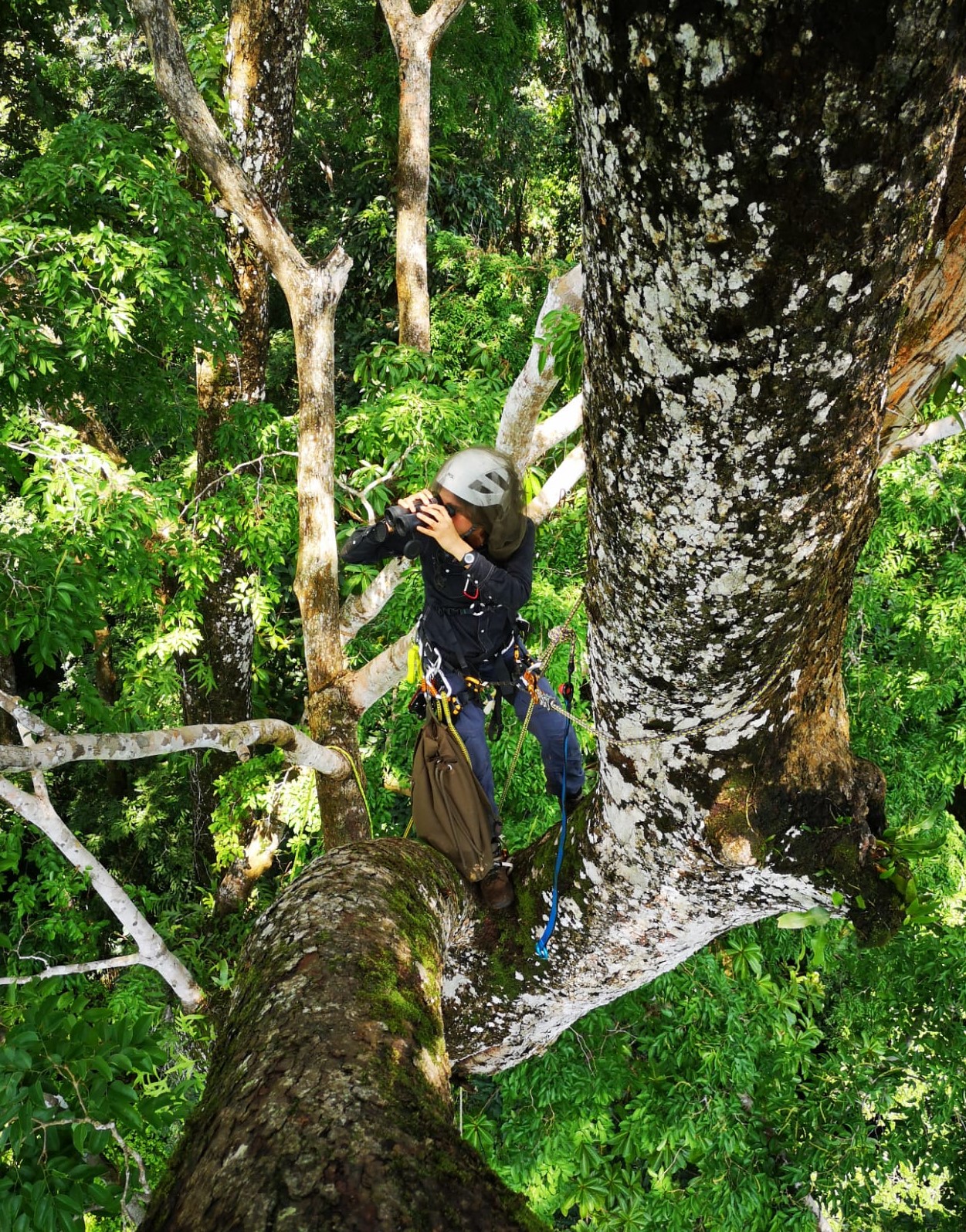Presentation of the AFRITIMB project
This project aims to acquire detailed biological data on the natural regeneration processes of nine economically important tree species in Central Africa and to understand how these processes are affected by logging.
The project aims to use reliable scientific knowledge to define the minimum density to be maintained after exploitation (minimum density of breeding trees) to ensure sufficient natural regeneration and genetic diversity.



